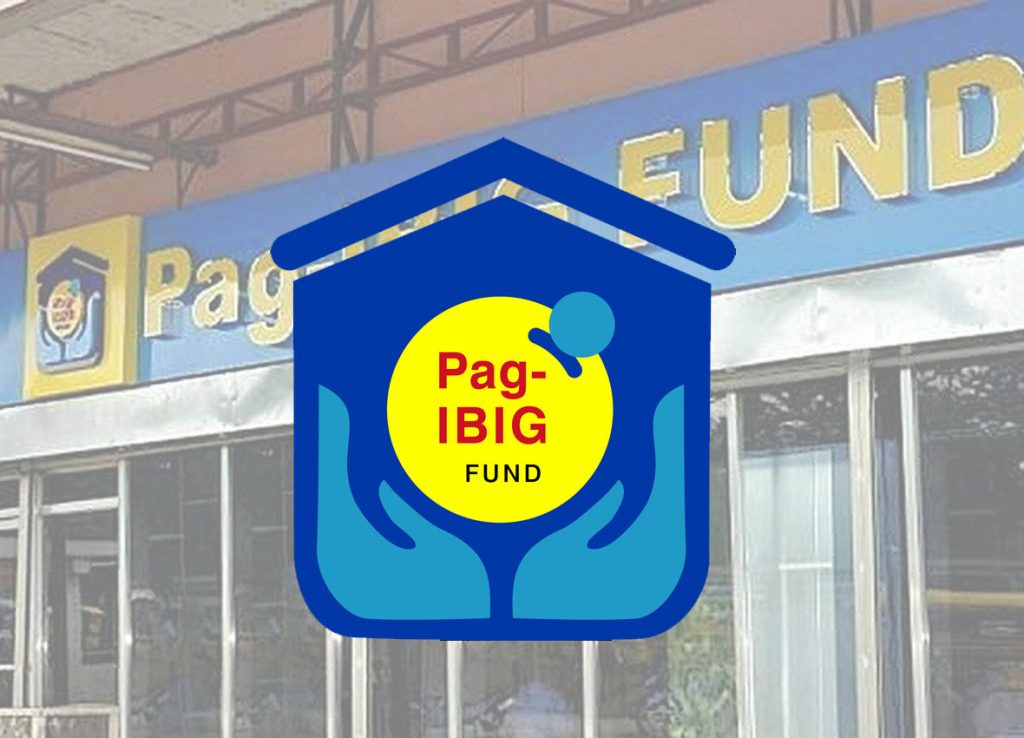TOP officials of Pag-IBIG Fund reported on Monday (27 July) earnings of over P22.8 billion in the first half of 2020.
From January to June, Pag-IBIG Fund’s gross income reached P22.82 billion, driven mainly by earnings from its housing loans and Short-Term Loans (STL), otherwise known as cash loans, and trading gains from its investment activities.
The agency’s net income, meanwhile, amounted to P14.14 billion.
“Coming from a record-breaking year in 2019, Pag-IBIG Fund’s performance in the first half of the year remains decent despite the impact of community quarantines implemented to fight the spread of COVID-19. We are sure to endure these extraordinary times and continue to provide social services to more Filipino workers and continue helping the government with the nation’s economic recovery under the lead of President Duterte,” said Secretary Eduardo D. del Rosario of the Department of Human Settlements and Urban Development (DHSUD) and Chairman of the 11-member Pag-IBIG Fund Board of Trustees.
The agency ended 2019 with its highest ever gross income of P56.90 billion and net income of P34.37 billion. In the first six months of last year, it had already posted P24.59 billion and P16.04 billion in gross and net incomes, respectively. But as the pandemic induced economic slowdown in the first few months of 2020, Pag-IBIG found its gross and net incomes dip by 7 percent and 12 percent, respectively, in the first half of this year compared to the same period last year.
“We had our best year in 2019 and that’s a tough act to follow with the challenge posed by this year. We have been enjoying a string of ‘best-year ever’ and we were poised to achieve another one this year, that is until the pandemic happened,” said Pag-IBIG Fund Chief Executive Officer Acmad Rizaldy P. Moti.
But while the pandemic caused the agency to post lower incomes from housing loans and cash loans this year, he remains hopeful as he pointed out that they are already seeing signs of recovery in the second quarter as quarantines were either eased or lifted. Home loan releases have been on the rise in the last two months. From a low P.88 billion in April, home loan releases increased to P1.2 billion in May and jumped even further to P2.9 billion in June.
“We in Pag-IBIG Fund are confident because our financial position remains stable and strong, even amid these challenging times. A slowdown in business is expected as the pandemic impacted both the availment and payment of our loans, but Pag-IBIG continues to be strong. What is important to us now is being a reliable partner to our members and stakeholders on our shared road to recovery. That is the Lingkod Pag-IBIG way,” Moti added.
The information contained in this communication is privileged and confidential and intended solely for the use of the individual or entity to whom it is addressed and others authorized to receive it. If you are not the intended recipient you must not disclose or use the information contained in it. If you have received this email in error please notify us immediately by return email and delete the document. Pag-IBIG Fund is neither liable for the proper and complete transmission of the information nor for any delay in its receipt. Pag-IBIG Fund accepts no liability for any damage caused by this email or its attachments due to viruses, interference, interception, corruption or unauthorized access.
The information contained in this communication is privileged and confidential and intended solely for the use of the individual or entity to whom it is addressed and others authorized to receive it. If you are not the intended recipient you must not disclose or use the information contained in it. If you have received this email in error please notify us immediately by return email and delete the document. Pag-IBIG Fund is neither liable for the proper and complete transmission of the information nor for any delay in its receipt. Pag-IBIG Fund accepts no liability for any damage caused by this email or its attachments due to viruses, interference, interception, corruption or unauthorized access.







Comments are closed.